What to expect
Do I need to complete the HCA SLA?
- The HCA SLA is offered only in British Columbia.
- Completing the HCA SLA is required if you have been referred by the BC Care Aide and Community Health Worker Registry.
- If you are applying to the IEN Pathway you will complete the HCA SLA as part of your competency assessment.
Note: If you are already registered as an HCA with the BC Care Aide and Community Health Worker Registry, let us know at the time you schedule your assessment with us, as the HCA can be exempted from the Triple Track SLA.
Where do I take the HCA SLA?
The HCA SLA will be held at one of the Inspire Global Assessments Assessment Centres, located in the Nursing Simulation Lab at Langara College in Vancouver, BC and BCIT in Burnaby, BC [link to maps]
Please arrive 20 minutes before the scheduled appointment and be dressed in scrubs. Masks are also required.
What Happens during the SLA – HCA?
The Simulation Lab Assessment gives you the opportunity to perform a thorough assessment or treatment so you can demonstrate the full breadth of your knowledge and skills.
When You Arrive
- You’ll watch an orientation video about the simulation assessment.
- We’ll give you an orientation to the simulation lab and equipment.
- Your personal belongings will be placed in a secure area.
Format
You will take on an HCA’s role at five simulation lab stations. Each will require a specific assessment or treatment, allowing you to demonstrate your skills as an HCA.
Each room is set up to reflect a specific kind of practice setting. One room may look like an acute or chronic care facility or represent a community care setting like a community clinic or someone’s apartment or house.
The assessment room includes a(n):
- Standardized patient (a live actor) or a high-fidelity mannequin.
- Assessor who will evaluate your performance.
- Paper, pencil, and calculator
- Clock
- Station props based on the context of the setting. For example, a care plan, wheelchair, walker, bedding etc.
At the start of each simulation, you will be given a chart with a brief written statement introducing the presenting clinical problem and stating the task you’ll need to perform. The chart also includes various supporting documents to help with the planning of care. You’ll be given two minutes to review the chart.
In each scenario, your should act as you would in a real-life practice setting.
A camera technician will record the assessment from a nearby observation area. Additional people may be present in the observation room; this is only for training purposes. Their presence will not impact your scoring.
At the start of the assessment, the assessor will ask you to face a camera and state your name and Inspire Global Assessments ID number.
How We Time the Assessment
Once you enter the room, you will have two minutes to read the chart. You may take notes (paper will be provided).
The assessor will indicate the beginning of the simulation. Each of the five simulations is 10 minutes, for a total of 12 minutes at each station. The assessor will notify you when your time is up.
If you have completed your practice before the time is up, review the chart to ensure you have not missed anything.
You will be asked to leave the room once the assessment is finished. Inspire Global Assessments staff will provide a seat outside the next assessment room.
What to bring to your SLA?
Bring:
- Stethoscope
- Face mask
- Snack and a water bottle for breaks
- One form of non-expired, government-issued ID that includes your name, photo and signature
- Arrive dressed in scrubs
Note: If your ID does not include your name, photo and signature, you may present two pieces of non-expired, government-issued ID that together satisfy all three requirements.
Acceptable forms of primary ID include:
- Driver’s license
- Government-issued ID
- Government-issued work ID
- Military ID
- NEXUS card
- Passport
- Permanent resident visa or green card
- Provincial health card (if the photo is included)
Acceptable forms of secondary ID include:
- Province or state health card
- Social security card (US)
- Study permit (must be original and non-expired)
You are encouraged to bring as few personal belongings as possible; all items will be placed in a secure locker during your SLA.
Equipment you may encounter in your SLA includes:
- Wheelchair
- Transfer belt
- Walker/cane
- Bedpan
- Commode/toilet
- Foley and urine drainage bag
- Meal tray and feeding implements; water
- Bedrails and brakes
- Call bell
- Oxygen
- Linen cart
Note: You will not find a sink in the simulation rooms. Any water you need for patient purposes will be provided in a basin or pitcher. Each room will have hand sanitizer and gloves for your use.
